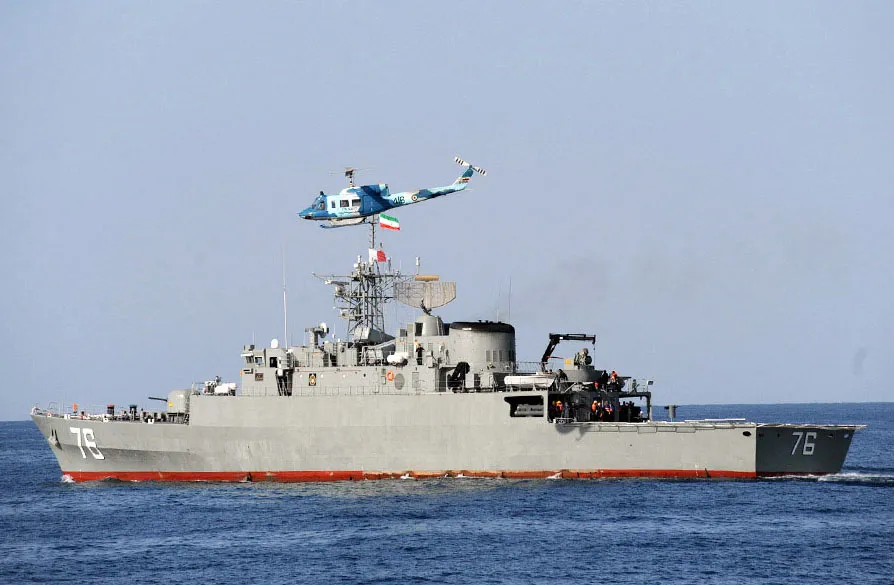It is valid to ask why the G7 foreign ministers bothered to meet on Nov. 7-8 in Tokyo since their final statement contains nothing but the same shopworn geopolitical nostrums that promote and justify the major conflicts threatening the world today. Except for discussing the Israeli-Palestinian war, there was nothing new here.
On Gaza, there was no call for a ceasefire, but rather “humanitarian pauses and corridors to facilitate urgently needed assistance, civilian movement and the release of hostages.” Food, water, medical care, fuel, and shelter, and access for humanitarian workers must be provided, in accordance with “international law,” the seven dwarfs asserted. In a press conference afterward, Secretary of State Tony Blinken, whom reporter Patrick Lawrence appropriately labels a “pipsqueak,” offered a disgusting explanation of why a ceasefire is absolutely unacceptable to the G7—that is, to the U.S.
Otherwise, their statement called for the continued proxy war on Russia via Ukraine, “for as long as it takes,” and vows that the G7 “will never waiver” from supporting this cause. Denouncing Russia’s “nuclear rhetoric,” the statement demands that more economic pressure and “robust sanctions” be imposed on Russia and that Moscow bear the “legal consequences of all its internationally wrongful acts.” On China, aside from a token mention of the need for cooperation, the G7 assails China for its “non-market policies and practices … malign practices … economic coercion,” and warns it not to threaten Taiwan militarily or to insist on its rights in the South China Sea.



